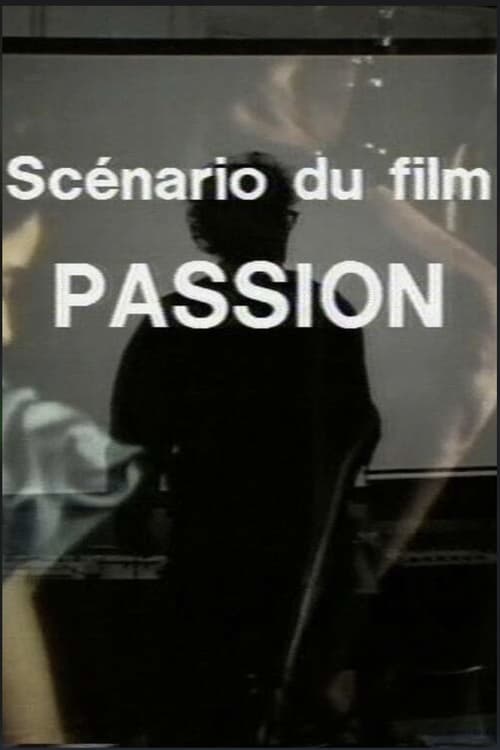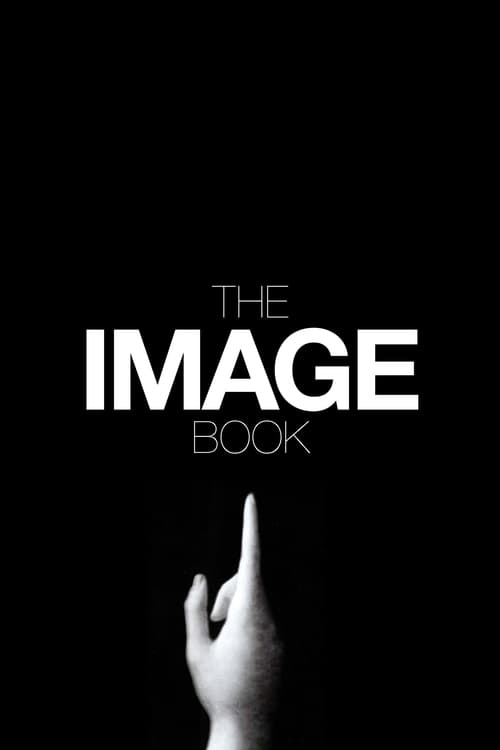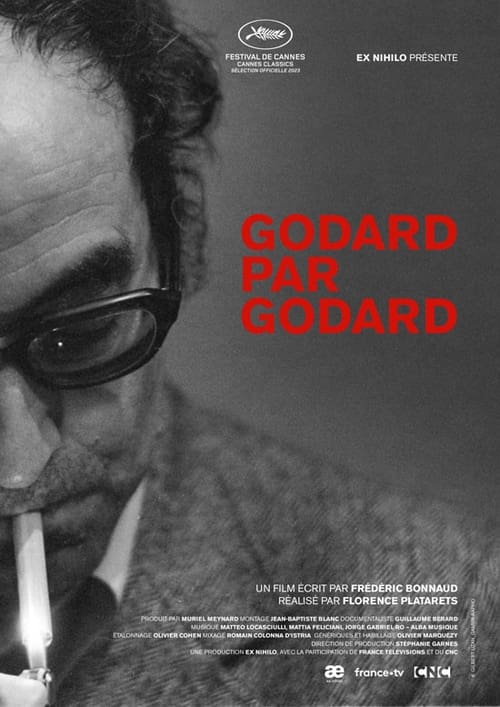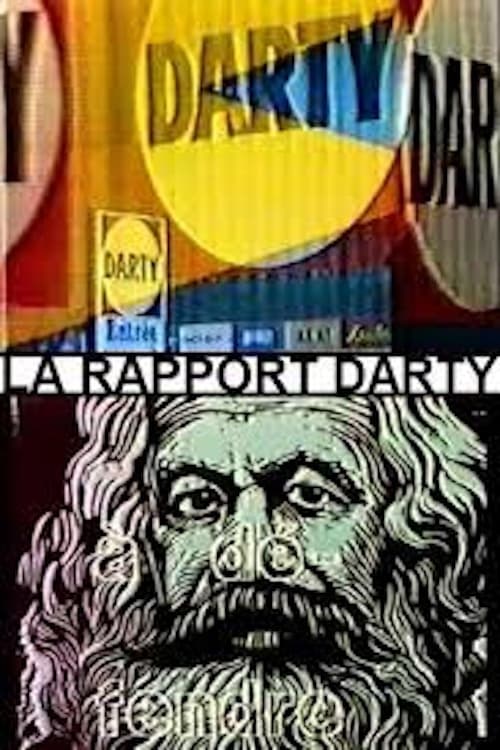Movies by Anne-Marie Miéville

Scénario du film Passion
Godard constructs a lyrical study of the cinematic and creative process by deconstructing the story of his 1982 film Passion. “I didn’t want to write the script,” he states, “I wanted to see it.” Positioning himself in a video editing suite in front of a white film screen that evokes for him the “famous blank page of Mallarmé,” Godard uses video as a sketchbook with which to reconceive the film. The result is a philosophical, often humorous rumination on the desire and labor that inform the conceptual and image making process of the cinema.

The Image Book
In Le Livre d’Image, Jean-Luc Godard recycles existing images (films, documentaries, paintings, television archives, etc.), quotes excerpts from books, uses fragments of music. The driving force is poetic rhyme, the association or opposition of ideas, the aesthetic spark through editing, the keystone. The author performs the work of a sculptor. The hand, for this, is essential. He praises it at the start. “There are the five fingers. The five senses. The five parts of the world (…). The true condition of man is to think with his hands. Jean-...

Godard by Godard
Godard by Godard is an archival self-portrait of Jean-Luc Godard. It retraces the unique and unheard-of path, made up of sudden detours and dramatic returns, of a filmmaker who never looks back on his past, never makes the same film twice, and tirelessly pursues his research, in a truly inexhaustible diversity of inspiration. Through Godard’s words, his gaze and his work, the film tells the story of a life of cinema; that of a man who will always demand a lot of himself and his art, to the point of merging with it.

After the Reconciliation
An elderly couple and a younger man and woman follow up failed seduction attempts with conversation about love and the meaning of life.

The Darty Report
A daring deconstruction of consumerist behavior featuring a robot and Miss Clio Darty, with a voiceover by Godard and Anne-Marie Miéville, this philosophical "report," like so many of Godard's commissions, was rejected by its funders.

How's It Going?
During the making of a video film about a communist printing press, a union member and a leftist activist discuss how to present their information, especially how to caption two specific images: one of a protest in Portugal, the other of a strike in France. One of them decides to write to his son, a manual worker living outside of Paris with his girlfriend, telling the young man about his troubles.